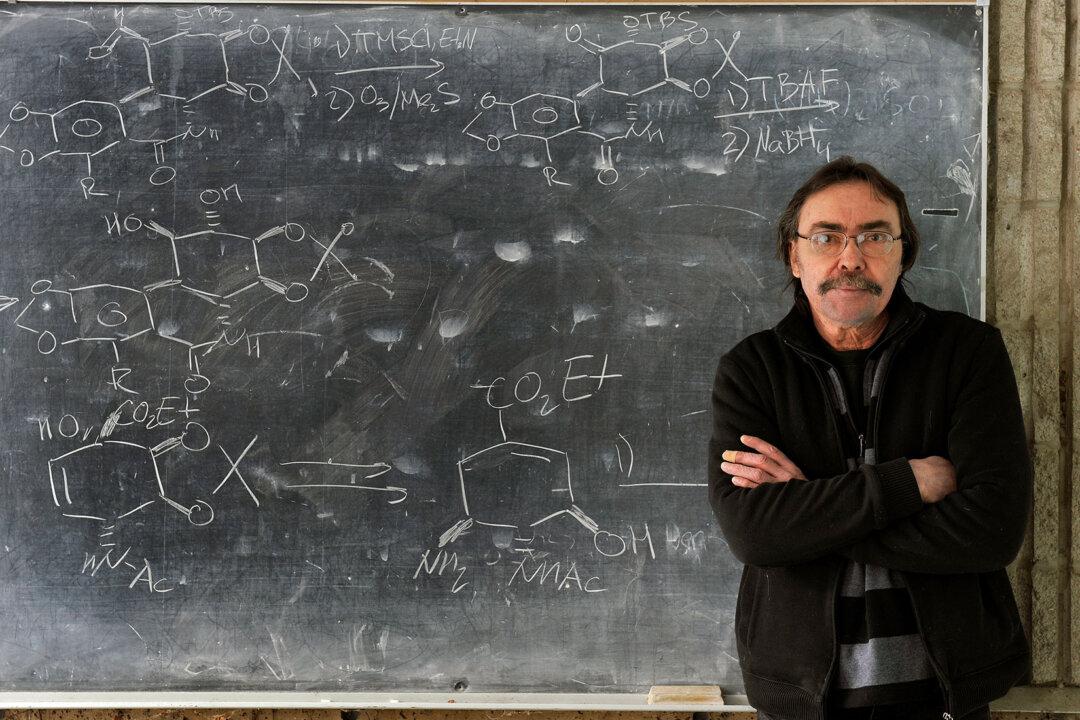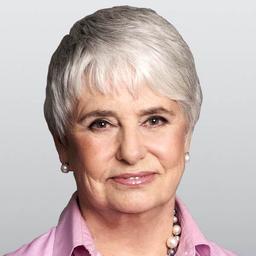Commentary
Thirty years ago, chemistry professor Dieter Seebach, now 83, wrote a scientific article on the state of affairs in his specialty of organic synthesis. On June 4, the prestigious German chemistry journal Angewandte Chemie published an homage to Seebach’s paper written by Brock University’s Tomas Hudlicky, a Tier 1 Canada research chair in organic chemistry.





